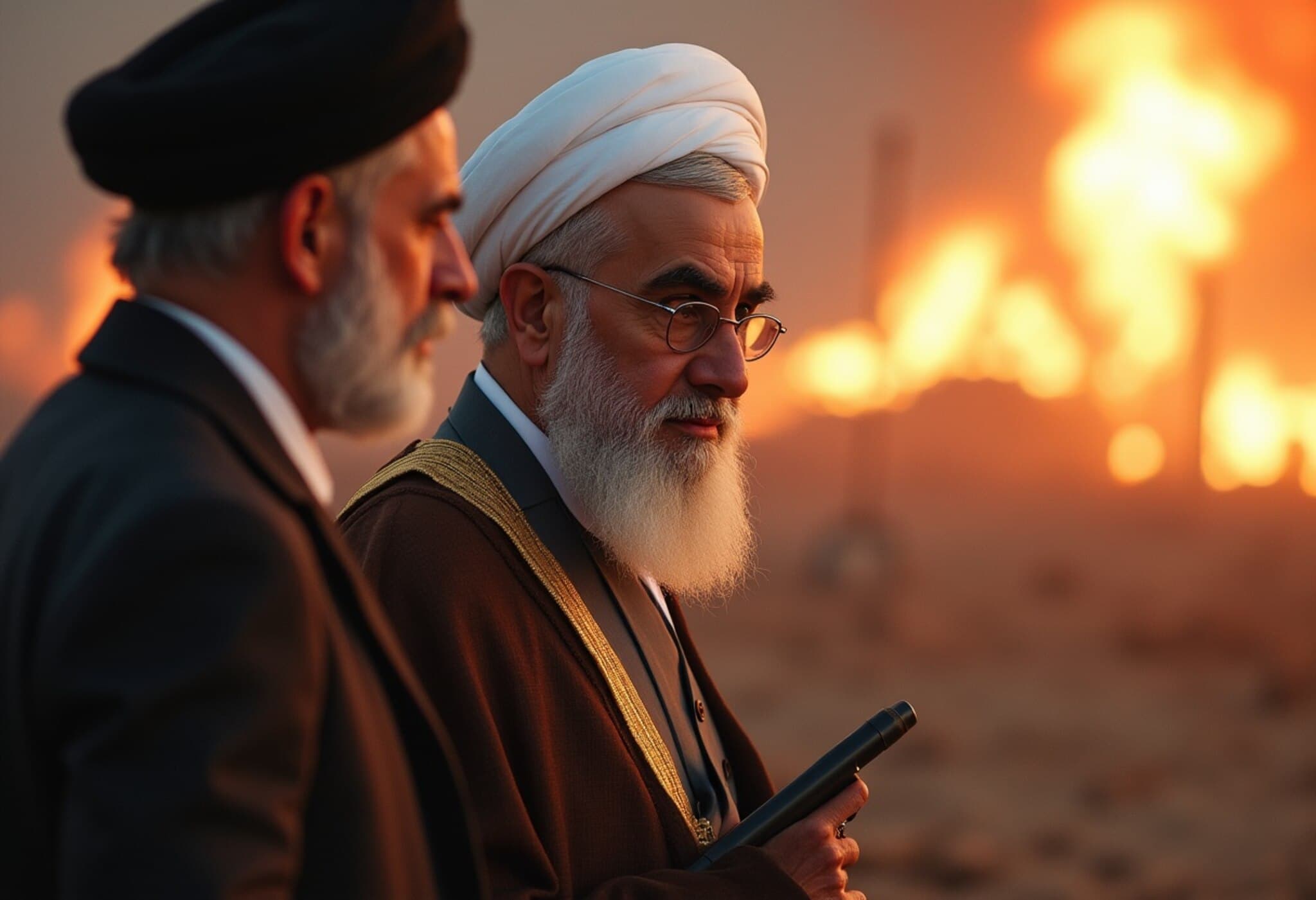Iran Calls on Citizens to Remove WhatsApp Citing Security Concerns
In a surprising move, Iranian state media urged the public to uninstall WhatsApp, alleging that the messaging app collects user data and transfers it to Israel. This claim, made without presenting credible evidence, has sparked concern among users and industry experts alike.
WhatsApp Defends Privacy Measures Amid Allegations
WhatsApp swiftly responded to the accusations, expressing worry that these unfounded reports could be used as justification for blocking its service at a critical time when communication platforms are vital. The company reaffirmed its commitment to user privacy, emphasizing its use of end-to-end encryption, a technology that ensures only the message sender and recipient can access the content.
„We do not track your precise location, nor do we keep logs of who users message. Personal messages remain confidential and are not shared with any government or third party,” a WhatsApp statement said. The encryption method effectively scrambles messages to an unreadable format, thwarting any interception attempts.
Experts Highlight Encryption and Metadata Concerns
Cybersecurity expert and Cornell University professor Gregory Falco noted that while message content remains secure through encryption, metadata—information such as message timing or contact patterns—can still be discerned. Such metadata offers insights into how users interact with the app, which has previously raised privacy debates.
Falco also pointed out data sovereignty issues, explaining that user data from countries like Iran may be stored outside their borders, potentially exposing it to external jurisdiction. He underscored the importance of in-country data storage and processing to strengthen trust in digital infrastructure.
Background: Iran's History with Social Media Restrictions
Iran has a track record of restricting access to various social media platforms. Despite such efforts, many Iranians circumvent blocks using proxies and virtual private networks (VPNs). Notably, WhatsApp and Google Play were banned in 2022 amid nationwide protests triggered by the death of a woman detained by the morality police. The ban on WhatsApp was subsequently lifted late last year.
WhatsApp remains among the most popular messaging platforms in Iran alongside Instagram and Telegram, underlining the significance of its presence in the country’s digital communication landscape.











